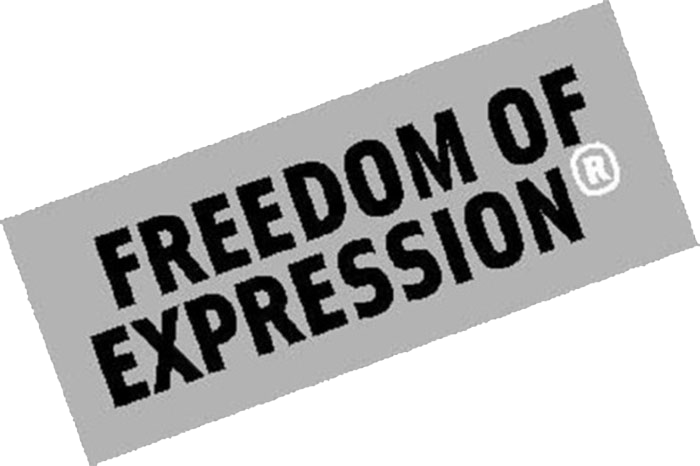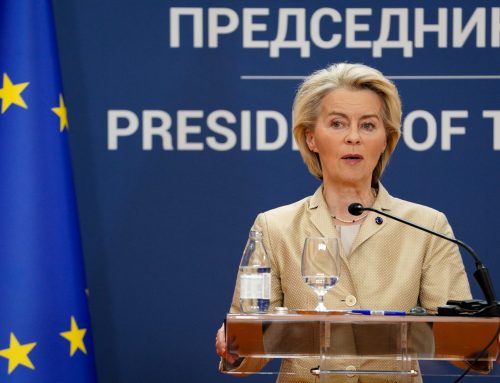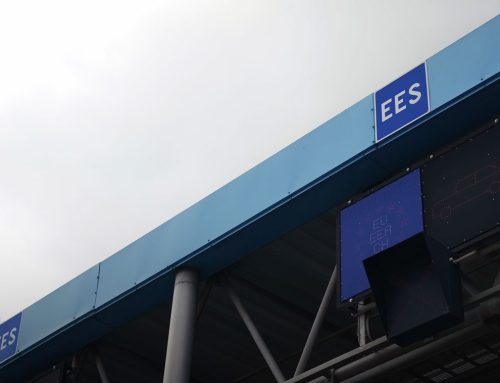Freedom of expression is key to a country’s readiness to become part of the EU. It implies a commitment to democracy, good governance and political accountability. Accordingly, no country can join the EU without guaranteeing freedom of expression as a basic human right (Article 49 of the Lisbon Treaty).
Ensuring freedom of expression and of the media is one of the main challenges facing enlargement countries. Political interference in the media, economic concerns such as media concentration and various forms of harassment, including violence against journalists, remain topical issues in societies of the Western Balkans and Turkey. Improving this situation inevitably goes beyond a simple transposition of EU rules: it calls for behavioural and cultural change in politics, judiciary and media.
The EU supports this process by
- providing legal assistance and guidance in drafting media legislation
- thoroughly monitoring the policies of candidate countries and potential candidates in this field
- providing financial support through IPA programmes
Financial grants to strengthen media freedom
EU financial grants in support of freedom of expression are provided to independent and non-government organisations throughout the region on a competitive basis and following strict procedures. All grantees have full editorial independence and are solely responsible for the content of published material. The EU expects the authorities to ensure an environment supporting freedom of expression and of media. Media criticism is essential to ensure the proper accountability of elected governments; governments should in turn be open to investigate such criticism in a transparent fashion.
Strengthening Media Freedom under the IPA 2012 Programme
As part of this EU approach and Enlargement Strategy, Delegation of the EU to the Republic of Serbia issued a Call for Proposals Strengthening Media Freedom under the IPA 2012 Programme. The objective is to enhance investigative reporting through support of quality media production in the area of rule of law, i.e. good governance, human rights and minority protection, freedom of expression and regional reconciliation. The media outputs should raise awareness on topics such as efficiency in the judiciary, law enforcement and fight against all forms of crime, support for refugees, IDPs and asylum seekers, fight against corruption, abuse of position and office, protection of media freedoms, regional cooperation and war crimes investigations and trials.
Following the Open Call for proposals, the Delegation received 100 project proposals and selected 19 projects with the total value of 1.8 million EUR. The selected beneficiaries are dailies (2), weekly magazines (2), public service media (2), local radio stations (3), agency (1), media associations and networks (2) and independent production houses (7). The list of all grants is available on the following project web-site: mediafreedom.rs/media-fund-list-of-grants/ The detailed project proposals originate with and are owned by the applicants; the EU does not influence their editorial policy.
BIRN project
One of the 19 grants was awarded to the Balkan Investigative Reporting Network (BIRN), whose project aims to reinforce the role of media in tackling corruption issues through the support of investigative journalism, creation of data bases for journalists and data journalism manuals, providing policy recommendations and participation in parliamentary hearings. The project envisages research in 5 targeted fields, i.e. media, public procurements, spatial planning and construction, political party control over public resources and funds and health care.
Views expressed are the sole responsibility of the media
It is important to note that the views expressed in any media production funded by the EU do not express those of the EU or the EU Delegation. Any article published should carry a disclaimer to that effect which should read: “This publication/article/product has been produced with the assistance of the European Union. The contents of this publication are the sole responsibility of <name of the author/contractor/implementing partner/international organisation> and can in no way be taken to reflect the views of the European Union.” This is a standard requirement for the EU funded project.




